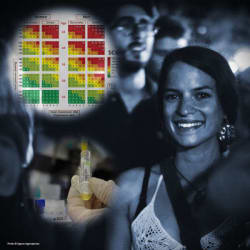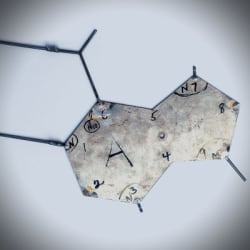Images
In this course, you will dive into the concepts of rationality and irrationality and understand how they impact our investment decisions and what the consequences can be at the market level. You will first explore the different biases that we, as humans, are subjected to when facing investment decisions and how they may impact the outcomes of these decisions. Moreover, you will see how emotions and ethical concerns such as honesty and trust influence market participants. When they are considered as a group rather than individually, you will discover how rationality and irrationality can drive asset prices to and away from their fair value. Finally, you will be presented with different portfolio construction methodologies and investment styles that make up the landscape of today’s portfolio management industry. At key points throughout the course, you will benefit from the practical knowledge of experts from our corporate partner, UBS, in how to build and manage clients’ portfolios.
Similar resources
Founded in 1559, the University of Geneva enjoys worldwide recognition and ranks amongst the top 100 best universities in the world. A polyvalent institution, it fosters the emergence of inter- and multidisciplinary fields in both research and teaching. It constantly strengthens its links with international Geneva, whilst contributing to the cultural, social and economic development of the region, notably through the promotion of research and its expertise in a wide range of fields.
UNIGE offers more than 500 programmes (including 136 Bachelor’s and Master’s degree programmes, 87 doctoral programmes) and 343 continuing education programmes covering an extremely wide variety of fields: exact sciences, medicine, humanities, social sciences, law, etc.
Its domains of excellence in research include life sciences (molecular biology, bio-informatics), physics of elementary particles, and astrophysics. UNIGE is also host and co-host to seven National Centres of Competence in Research: Frontiers in Genetics, MaNEP, PlanetS, SwissMap, Chemical Biology, Synaptic Bases of Mental Diseases and LIVES-Overcoming vulnerabilities in a life course perspective.
Just like the city of Geneva itself, the University enjoys a strong international reputation, both for the quality of its research (it ranks among the top institutions among the League of European Research Universities) and the excellence of its education. This acclaim has been won in part due to its strong ties to many national and international Geneva-based organizations, such as the World Health Organization, the International Telecommunications Union, the International Committee of the Red Cross, and the European Organization for Nuclear Research.


Water Resources Management and Policy

Planning your Wealth over a 5 year Horizon

To Screen or not to Screen? Methods and health policies through case studies

Make Smart Investment Decisions in a Global World

Securing Investment Returns in the Long Run












